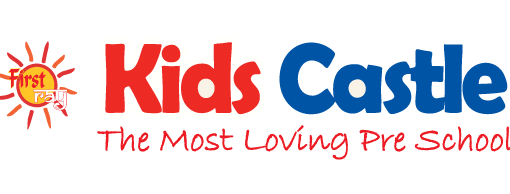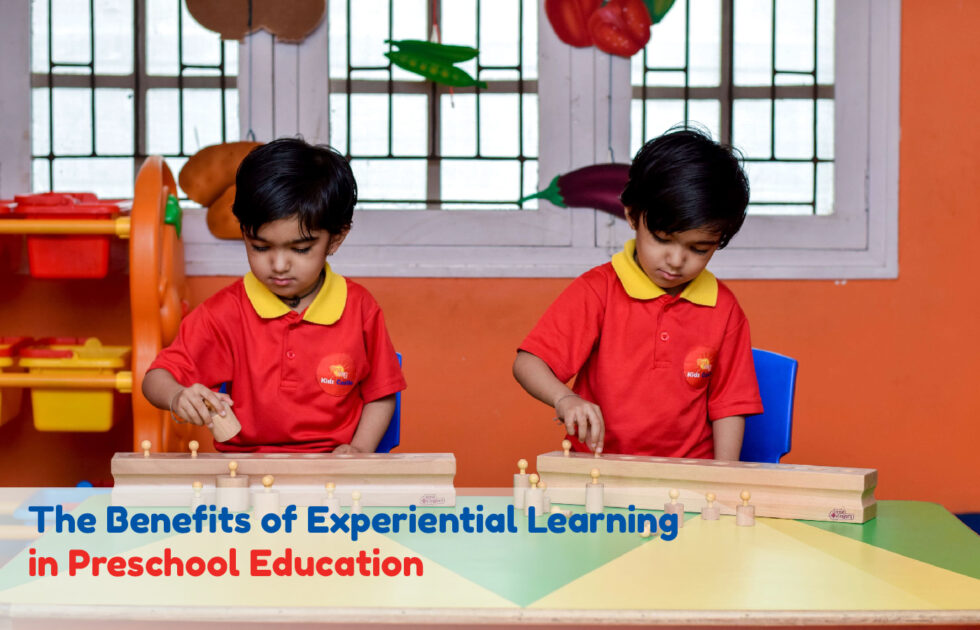Education is an integral part of a child’s growth, and preschool is the first step on that path, getting young kids ready for a lifetime of learning.
As more parents understand the value of early childhood education, preschools have grown in importance. Experiential learning in preschool education has become more popular recently, replacing rote learning with a teaching strategy emphasizing immersive, hands-on learning.
This blog will discuss the advantages of experiential learning in preschool education over rote learning.
How does experiential learning work?
An educational strategy known as experiential learning strongly emphasizes learning through hands-on experience, observation, and reflection. Instead of just memorizing, it encourages kids to learn by doing.
Experiential learning in preschool education involves:
- Doing things with your hands.
- Playing games.
- Working on projects that let kids use what they’ve learned in the real-world context.
Is Experiential Learning More Effective Than Repetitive Learning?
A teaching strategy known as “rote learning” places a strong emphasis on memorization and repetition of material.
Kids learn facts, figures, and formulae by heart, but they may not fully understand them.
While repetitive learning can be beneficial in the short term, it does not encourage long-term memory, develop critical thinking, or increase problem-solving abilities.
Experiential learning, in contrast, encourages participation and in-depth learning. It teaches kids to examine things, think critically, and learn how to solve problems.
Developing Our Curriculum:
Developing curricula tailored to a child’s future needs has involved extensive research and consideration. At Kids Castle, experiential learning is a big part of our lessons because we know its importance. Our primary concern is the overall development of kids, which encompasses their academic and social, emotional, and physical growth.
Play-Based Learning
Our program includes much play-based learning. Children are encouraged to explore and learn via play. Children’s creativity, inventiveness, and problem-solving abilities can all grow due to play-based learning. At Kids Castle, children play with various tools and participate in activities that promote discovery, creativity, and play-based learning.
Focus on the Child
Since Kids Castle Preschool has a child-centered approach, teachers assist students in their learning rather than instructing them. This method gets kids excited about learning and gives them more freedom and independence.
Technology Usage
Using technology may improve education and make it more participatory and engaging. Tablets, interactive whiteboards, and educational apps are used in preschools to make learning more interactive and exciting. While kids can learn at their own rate and ability level, incorporating technology enables more individualized learning.
Collaborative Education
Collaborative learning is encouraged in preschools, where kids come together to solve issues and finish activities. Children’s communication, teamwork, and problem-solving abilities are encouraged to grow through collaborative learning. Children can develop empathy and social skills while also learning from one another.
Conclusion
Kids Castle Preschool is committed to giving our students the experiential learning in preschool education that is the future of preschools.

